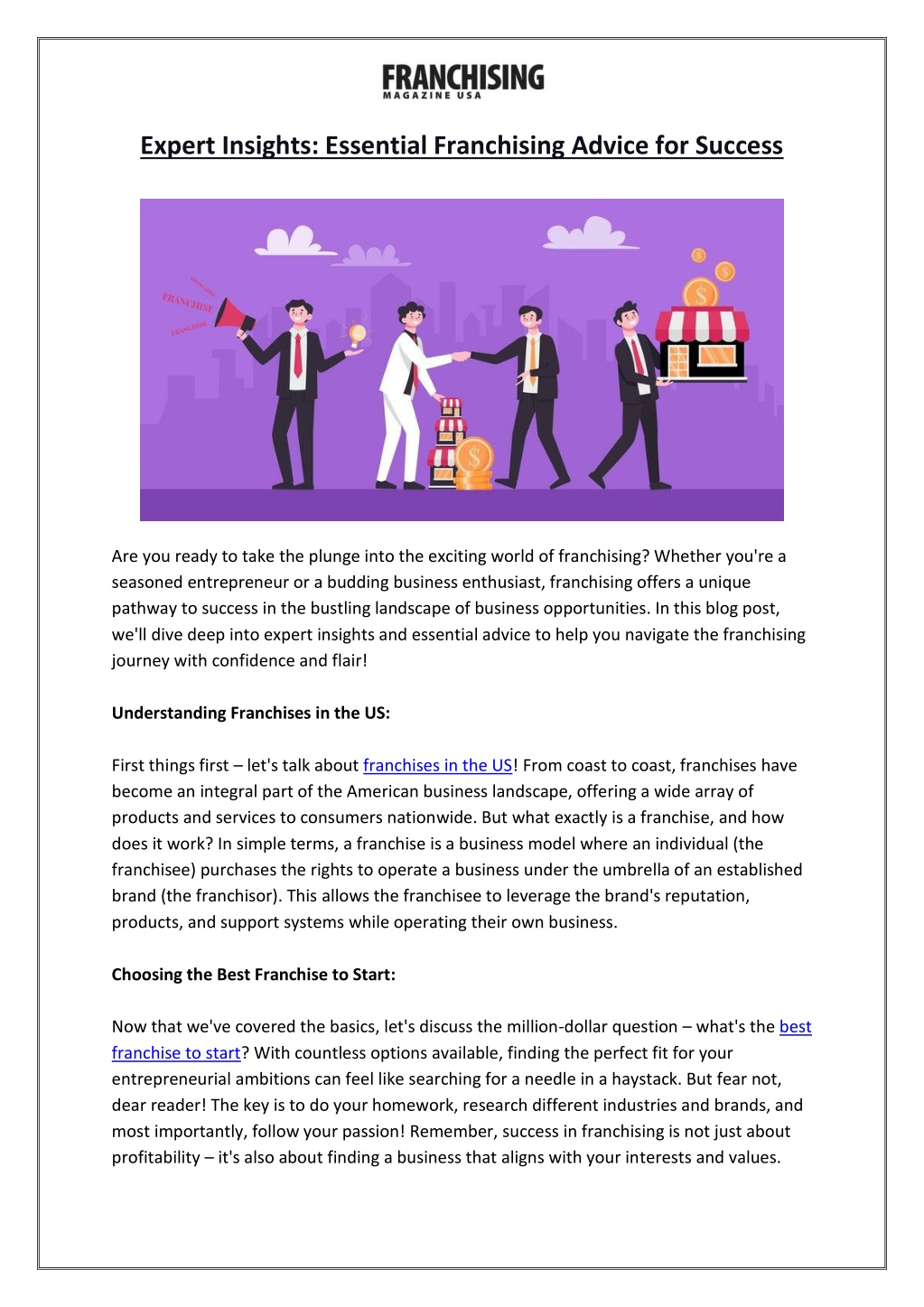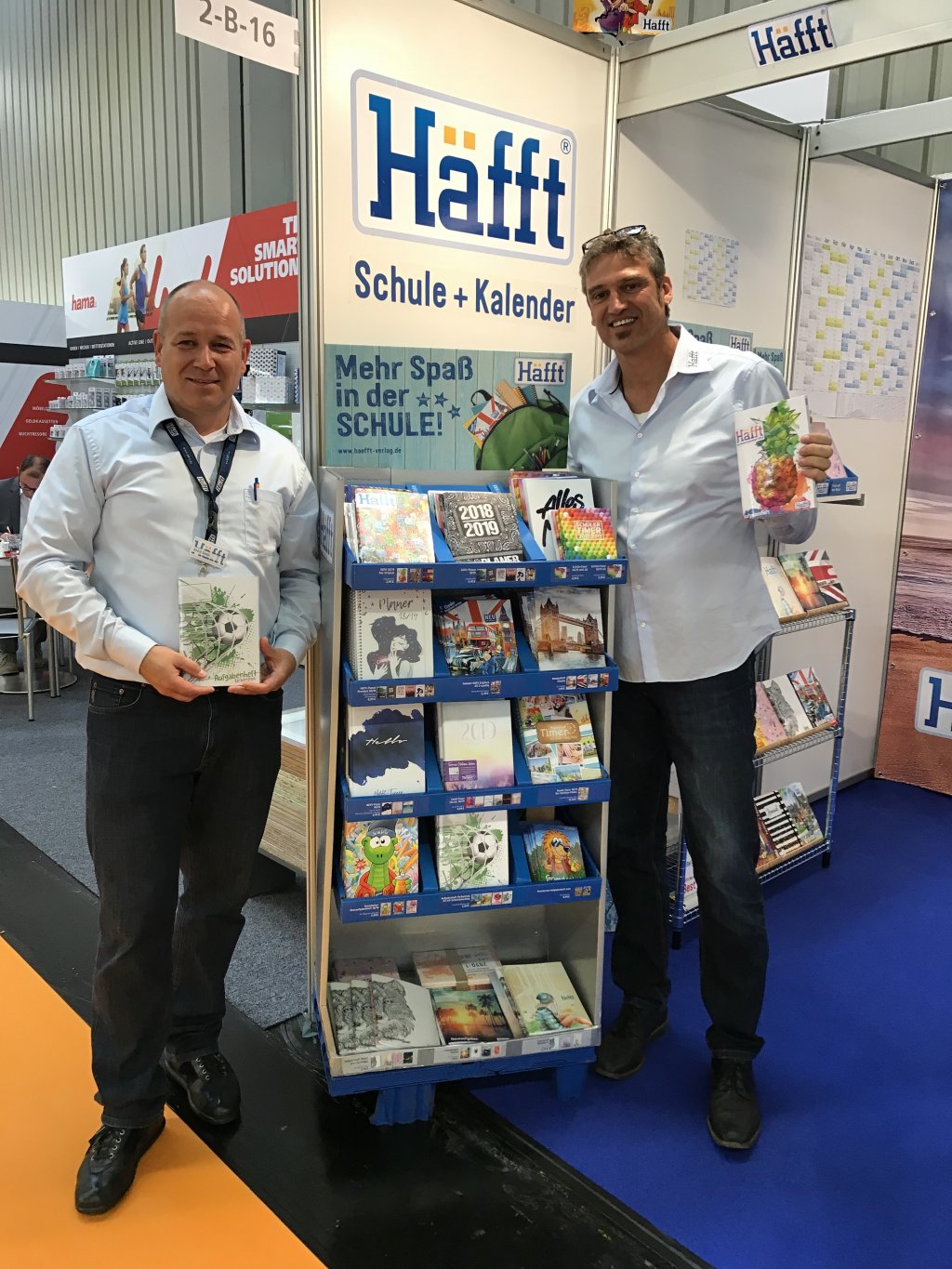What drives innovation and progress in the realm of clinical practice guidelines? A bold statement lies in the integration of expert consensus with strategic planning. In recent years, communities across the globe have been working tirelessly to create frameworks that not only address immediate needs but also anticipate future challenges. The 2023-2028 Strategic Plan, for instance, is a testament to this collaborative effort, bringing together insights from diverse stakeholders such as students, teachers, and healthcare professionals.
The management of insomnia in India exemplifies this approach, where an expert consensus provides a roadmap for pharmacological treatments. This guideline aims to establish clinical practice recommendations for adults suffering from chronic insomnia when such treatment is clinically indicated. Unlike previous meta-analyses that focused on broader aspects, this initiative zeroes in on specific strategies tailored to individual needs. Dr. Joseph Neubauer's expertise in therapeutic groups and coping strategies further underscores the importance of personalized care. At institutions like Rosecrance, each individual benefits from a custom-designed program crafted by a team of specialists committed to meaningful progress.
| Name | Dr. Joseph Neubauer |
|---|---|
| Qualification | M.D., ABAM |
| Specialization | Clinical Psychiatry, Insomnia Treatment |
| Professional Affiliation | Rosecrance Health Network |
| Notable Contributions | Development of therapeutic coping strategies; Expert insights into insomnia pharmacotherapies |
| Reference | Rosecrance Official Website |
In Philadelphia, the School District’s Strategic Plan reflects a similar commitment to community-driven initiatives. Feedback from surveys and insights gathered through partnerships with organizations like the Neubauer Foundation have shaped actionable goals. One key objective involves hiring administrators dedicated to enhancing educational programs. Meanwhile, at Yale's Program on Climate Change Communication, Alison Thompson leads efforts to engage students and partners in exploring innovative strategies. Her work focuses on gathering insights into tactics that can drive impactful climate action while fostering collaboration among stakeholders.
On May 2, Washington, DC will host a regional summit organized by the Association for Enterprise Opportunity (AEO). Titled “Leveraging Regionalism to Empower Small Businesses,” this event brings together experts, thought leaders, and stakeholders to discuss strategies for small business growth. The summit addresses the unique challenges faced by entrepreneurs across national, state, and local levels. By convening these voices, the AEO aims to empower small businesses through tailored solutions designed to meet their specific needs.
Recent developments highlight the significance of leveraging insights to craft market-ready strategies. For example, the 2022 Insights Report offers valuable perspectives on emerging trends and consumer behavior. These findings enable organizations to adapt swiftly to changing conditions while maintaining relevance in competitive markets. Whether it's developing new products or refining existing services, understanding consumer preferences is crucial. Moreover, aligning strategies with broader societal goals ensures long-term sustainability and resilience.
The intersection of expertise, strategy, and community engagement continues to shape modern approaches to problem-solving. As demonstrated by initiatives ranging from insomnia treatment guidelines to educational reforms, collaboration remains key. By pooling resources, knowledge, and experience, we can tackle complex issues effectively. Furthermore, embracing innovation allows us to stay ahead of evolving demands, ensuring that our efforts remain relevant and impactful.
Take, for instance, the growing emphasis on regionalism within economic development circles. Recognizing the distinct characteristics of various regions enables policymakers and practitioners to design more effective interventions. This approach acknowledges the importance of tailoring strategies to fit local contexts rather than adopting one-size-fits-all solutions. Such customization enhances outcomes, making them more sustainable over time.
As we move forward, the lessons learned from past endeavors provide valuable guidance. They remind us of the power inherent in collective action and the necessity of grounding strategies in evidence-based insights. From addressing public health concerns to fostering entrepreneurship, these principles hold universal applicability. Ultimately, they underscore the value of collaboration, adaptability, and foresight in navigating today's rapidly changing world.
In conclusion, the convergence of expertise, strategic planning, and community involvement creates fertile ground for progress. Each element plays a critical role in shaping initiatives that resonate deeply with those they aim to serve. Whether through clinical practice guidelines, educational reforms, or economic empowerment programs, the impact of thoughtful collaboration becomes evident. As we continue to refine our approaches, let us remain steadfast in our commitment to inclusivity, innovation, and excellence.



